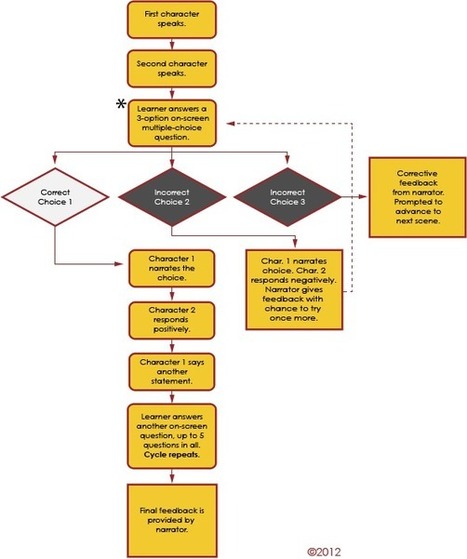“And the web stormed the enterprise and disrupted roles, tasks and jobs: it cast speed, openness, flexibility and efficiency throughout, sparing no business processes: manufacturing, logistic, accounting, customer relation management, lead generation…”
The digital mutation is also profoundly disrupting how knowledge is acquired, organized and shared. Knowledge is an intangible, yet strategic asset of any enterprise. With businesses becoming more virtual and dematerialized, its value is patently and rapidly growing.
How does the enterprise adapt its Knowledge management practice to the digital age? Did the web annihilate the older knowledge management paradigms? How can the enterprise benefit, and not succumb, to a web-driven, pervasive and real-time knowledge? We at Scoop.it have noticed amongst our business clients a growing concern regarding the evolution of Knowledge sharing; we’ve run a survey (500 respondents) to better comprehend the challenges, objectives and stakes. Let’s share some insights....
Via Guillaume Decugis



 Your new post is loading...
Your new post is loading...









I particularly like the quotes from Ben.
I don't think knowledge is the disruptive factor rather the mechanisms, the speed, and the diversity of knowledge that can be acquired.